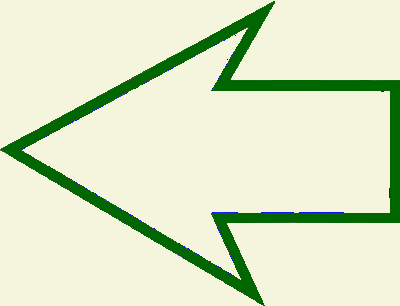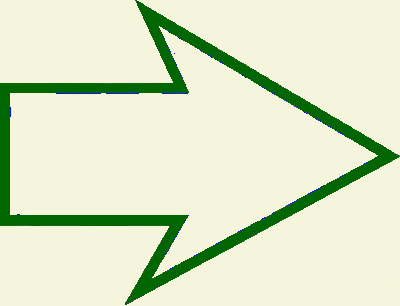 Index
Index 
Calculations: Daily Energy Use and Calories per Capita Morality
Clearing Driveways: I watched my neighbor expend 30 minutes exercising while breathing hard to clear his driveway of wet, slightly slushy snow; the heavy kind, the kind that gives heart attacks. The machine he was using tosses snow up on a guidable trajectory. In this case, the machine clogged easily and often in the wet snow, so additional effort was often required to clear it of packed snow often. The machine also smeared a thin layer of compacted slush over the surface it is “cleaning”. But our hero soldiered on, wrestling his machine across the entire driveway, coating it with a thin layer of wet, compact ice. So, out comes the shovel to scrape away the now difficult to remove, smeared ice-slurry. It is nearly dusk and he labors on. The temperature tomorrow is supposed to be above freezing by several degrees and the slurry would likely melt. But our soldier soldiers on, completing his mission. One other observation: before his assault tracks in the snow indicated the driveway had been used with no apparent problem caused by the snow. I wonder why he expended all that effort to make things at best no better and at worst, worse? Crazy! Perhaps, but there may be benefits other than clearing a pathway for a car. Exercise, great for strengthening the muscles and increasing stamina. It also provides an excuse to get out of the house for a while, while “she’s really acting like a bitch right now.” Or maybe he does it as a habit; "whenever it snows all good citizen clear the driveway and sidewalks". For whatever reason, it seems pretty silly to me but mostly harmless, though he exhaused some totally unnecessary CO2 emissions. Wow, the saga continues: now comes the salt, the poison that lowers the melting temperature of ice. So much poison and effort for so little gain.  Aphorism 40 “Morality is but a tool of people who want to tell other people what to do” as everybody does, me too. Of course that is what this journal is at least partly about, a tool to tell other people how to live.  We now know morality cannot be found in reason or numbers. What people think is moral or beautiful can be measured by polliing, but that doesn’t tell which such take on morality is “true”, if any. We can’t know the summum bonum the “categorical imperative”, God’s will or mind, Platonic “ideals”, or purpose of our being, of my being. But we can and do believe we can. |